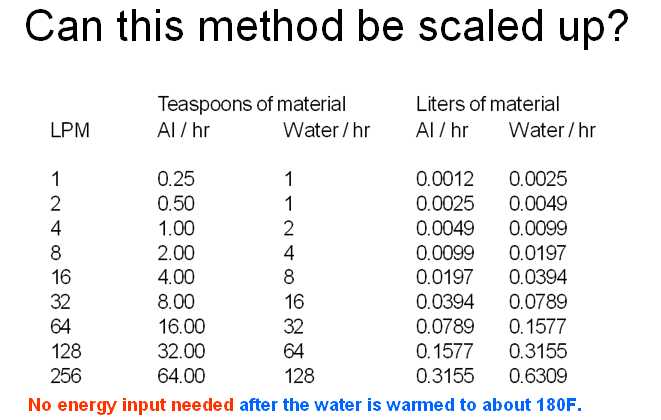


 Phillips announces a hydrogen-from-water breakthrough that successfully uses carbon to split water to produce hydrogen, while retaining oxygen in the water. Hydrogen storage tanks are no longer needed because of this new low-cost, safe method for producing hydrogen fuel at high flow rates.
Phillips announces a hydrogen-from-water breakthrough that successfully uses carbon to split water to produce hydrogen, while retaining oxygen in the water. Hydrogen storage tanks are no longer needed because of this new low-cost, safe method for producing hydrogen fuel at high flow rates. 
